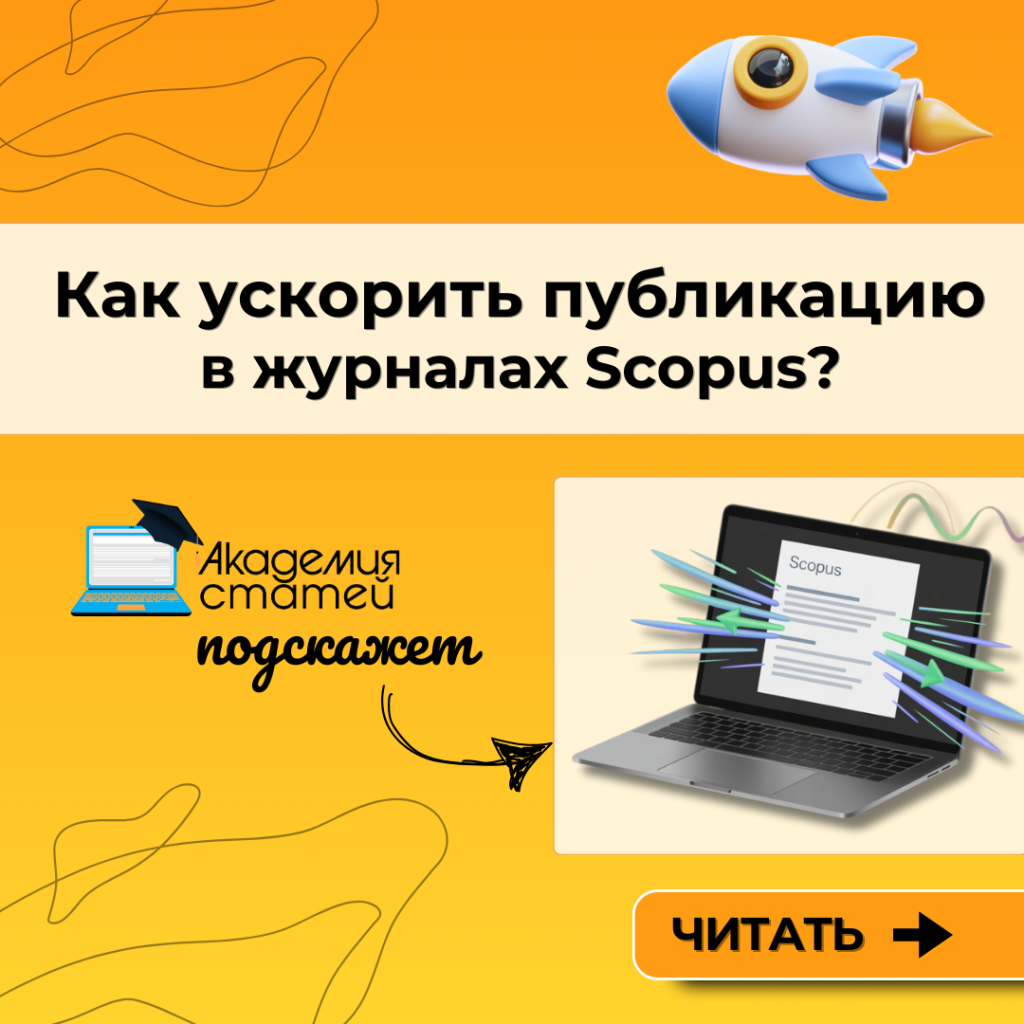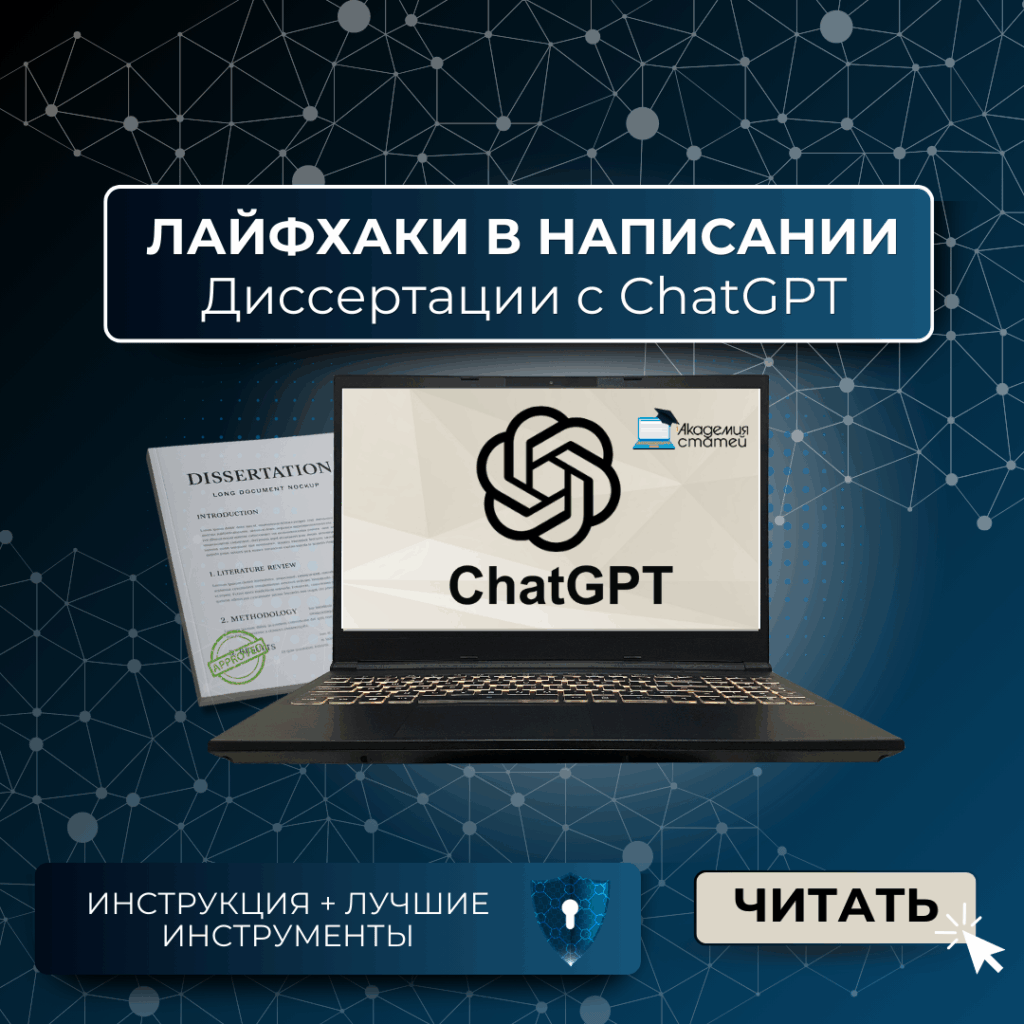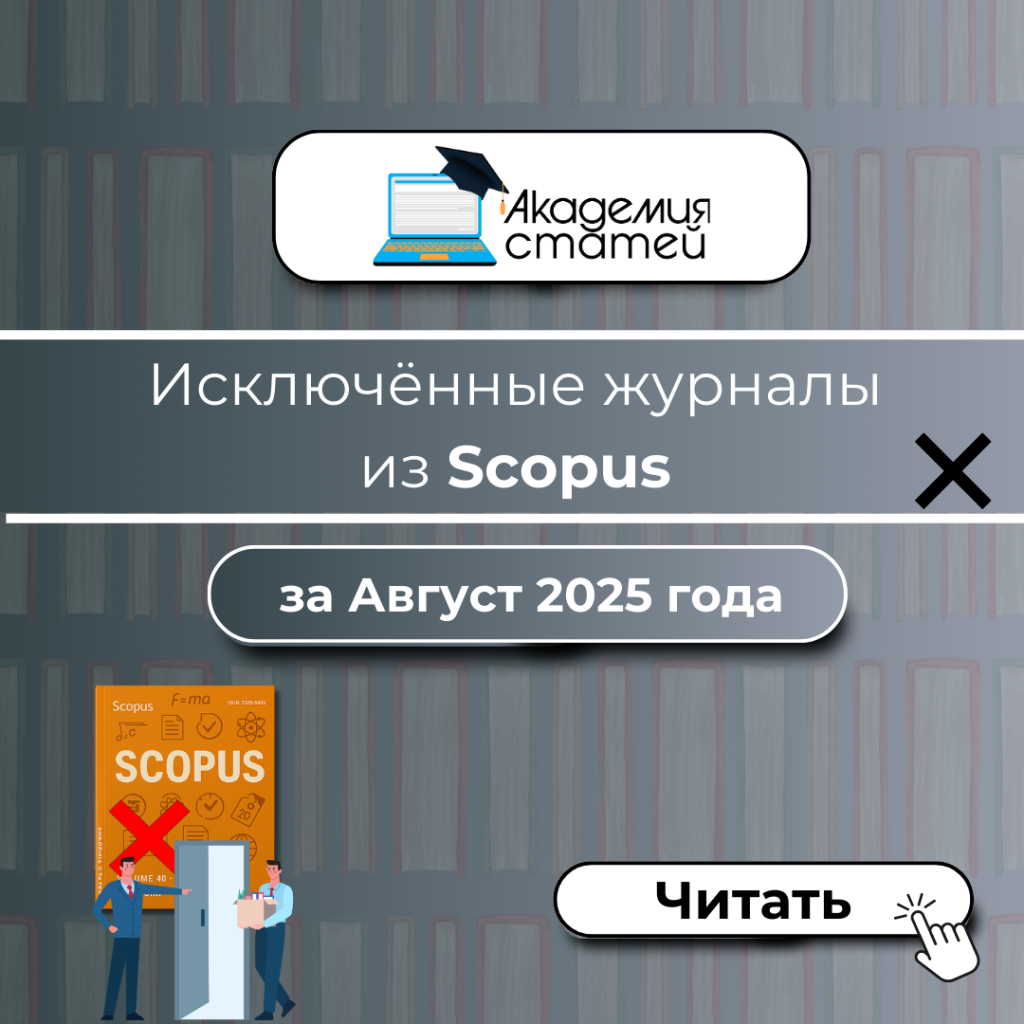Hello, dear colleagues!
This is Vasily Malets, Director of the Academy of Articles and author of the column "Journals that will soon lose their indexing in Scopus."
Today we have prepared the second edition of our column for 2025.
As of today, 22 of the 27 journals we previously covered have been officially de-indexed from Scopus. This time, our list includes journals that have already reached their peak and are on the verge of de-indexing, as well as those that are just beginning to gain momentum and appear relatively innocuous. Today, we'll cover each of them. The list also includes journals from the first quartile—those that some authors believe are supposedly ineligible for de-indexing.
As a reminder, we have a table of candidates where you can find all the journals I wrote about earlier and their current status.
List of applicants:
Link to the journal's website: https://journals.bilpubgroup.com/index.php/fls
This journal, which specializes in neonatal surgery, was included in Scopus in 2021 due to its narrow profile and high-quality publications in the relevant field.
However, it has now evolved into a multidisciplinary publication "for everyone and about everything." Until 2025, the journal published just one modest issue per year, but by 2025, 36 issues had appeared. Incredible. This is a classic scheme for making money on a mass scale using Scopus status.
Magazine characteristics:
Quartile: Q4 (in the direction of Surgery).
Country: Pakistan.
Publication cost: $700 (standard price), $1000 for Saudi Arabian authors, $1500 for Chinese authors. Strange and unfounded country segmentation.
Main violations:



Probability of exclusion from Scopus: 100%.
Probability of article deindexing: 100%, since the content of the publications does not fully correspond to the profile of the publication.
Link to the journal's website: https://www.clausiuspress.com/journal/LAW.html
The journal, accepted into Scopus in 2024, initially met all standards: it conducted peer review, rejected weak papers, and published only high-quality materials.
But just a few weeks ago, the situation changed dramatically. The publication began sending out typical invitations to publish articles across all disciplines. The promised review period was 5-7 days, and publication on the website was virtually instantaneous.
The scope on the official website was also changed: it now states that the journal accepts submissions on any topic. Following this, articles apparently accepted without any peer review began to appear en masse. It's quite possible you've already received such emails.
My sincere advice is to not give in to this temptation.
Magazine characteristics:
Quartile: Q3 (in direction Law).
Country: USA (although in fact Indian teams often work).
Publication cost: $780 (at the time of writing).
Main violations:



Probability of exclusion from Scopus: 100%.
Probability of article deindexing: 100%, since the journal already violates the main requirement of Scopus - compliance with the subject profile.
Link to the journal's website: https://posthumanism.co.uk/jp
This publication was ranked in the first quartile (Q1), and some authors believe that journals with such a ranking cannot be excluded from Scopus. However, this is a myth.
Unfortunately, more than 90 Kazakhstani scientists have published in this journal, and all of their articles have already been de-indexed. Some have never been indexed and never will be.
The journal has already been excluded from the Scopus database, and the articles have been de-indexed, but the publication may still appear active until the June/May Scopus update. That's why I'm writing about this—to prevent anyone from accidentally falling into this trap, as publishing is quite expensive.
I would like to point out that the publisher, Transnational Press London Ltd., has previously been involved in scandals, including over the International Journal of Religion, which caused a lot of noise last year.
Magazine characteristics:
Quartile: Q1 (Cultural Studies).
Country: United Kingdom.
Publication cost: $1200.
Main violations:




Probability of exclusion from Scopus: 120%. The journal has already been excluded; all articles have been de-indexed.
Link to the journal's website: https://theaspd.com/index.php/ijes/index
This journal is just beginning its predatory operations and hasn't yet published many materials, but it's already actively sending out proposals to authors. It positions itself as a multidisciplinary journal and promises rapid publication for just $600.
However, even the name itself makes it clear that the journal is focused on the natural sciences. The scope clearly states that only articles in the field of natural sciences are published. Meanwhile, the archive already contains over 170 articles on a wide variety of topics, many of which have nothing to do with the natural sciences.
Magazine characteristics:
Quartile: Q4.
Country: India.
Publication cost: $600.
Main violations:



Probability of exclusion from Scopus: 100%.
Probability of article deindexing: 100%, since the journal already violates the main requirement of Scopus - compliance with the subject profile.
Conclusions:
Today we looked at four journals that are on the verge of being excluded from Scopus.
One of them is from the first quartile. This proves that even a high quartile doesn't guarantee safety—such journals can also become predatory.
If you previously thought that Q1 was reliable, unfortunately, this is an illusion.
Any publication may be excluded from Scopus if it violates editorial policy and quality requirements.
📌 And as always, in closing, I understand that the opportunity for quick publication can be very tempting, especially in a first-quartile journal.
But it is always important to assess the potential consequences: loss of money, time and reputation.
Carefully analyze journals before submitting an article, check their reputation.
And if you need professional help choosing a journal or publishing an article, the Article Academy will be happy to help!
Sincerely,
Vasily Malets, Director of the Academy of Articles
Join my personal LinkedIn!
There I share relevant and useful information about scientific publications.

Scan the QR code







